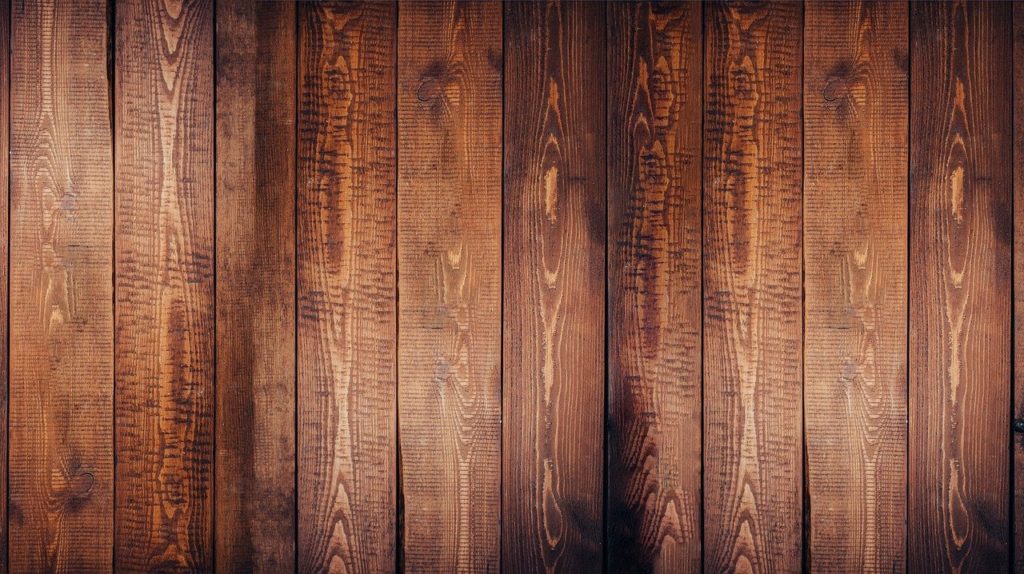Comparing Hardwood Floor Finishes

Hardwood floors are a timeless addition to any home. With the right finish and sanding hardwood floor process, you can enjoy a long-lasting flooring material. Explore the pros and cons of common finishes today and find out why it’s important to work with a professional for efficient application. Don’t wait until your floorboards are damaged, but sand and seal your hardwood for long-lasting beauty.
Polyurethane
Polyurethane is one of the most popular options for hardwood floors. This finish comes in oil-based or water-based varieties. Water-based polyurethane is one of the easiest to apply, least messy and has the lowest VOCs. Other finishes, like oil-based polyurethane, require you to leave your home and let it thoroughly air out before it’s safe for you and your family to return.
However, an oil-based finish is the best option for high-traffic hardwood floors. Both polyurethane options provide a durable seal that lasts longer than alternative finishes, so they are a more cost-effective alternative to wax or oil. Determine whether you want an affordable finish or if you’re looking for a natural, authentic floor finish.
Wax or Oil
Wax is another low-VOC approach that gives you a low sheen look. It’s relatively easy to apply, but the application and sanding hardwood floor steps take a lot of time. Oil is another natural product that’s safe to use in your home. However, both wax and oil have a short lifetime and require routine sanding and application. These may be natural options, but they will require you to schedule touch-up services every few years to avoid yellowing and wear.
Enjoy Iconic Hardwood Floors
Whether you’re installing new hardwood flooring in your home or looking for a way to restore your existing flooring, work with a professional for finishing sanding hardwood floor areas. Enjoy a vibrant floor with a durable, waterproof seal by scheduling a professional installation, sanding and sealing service.
